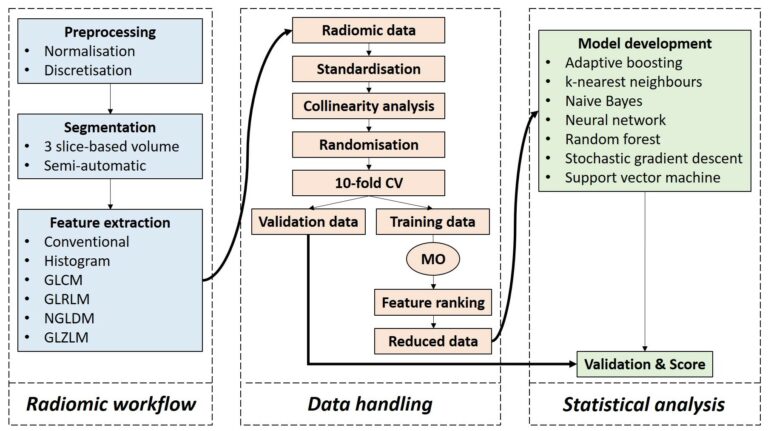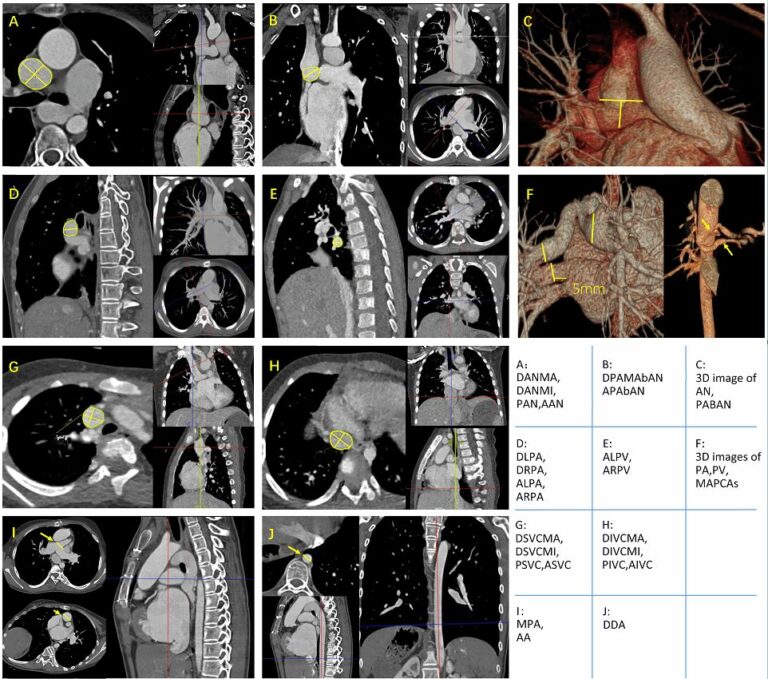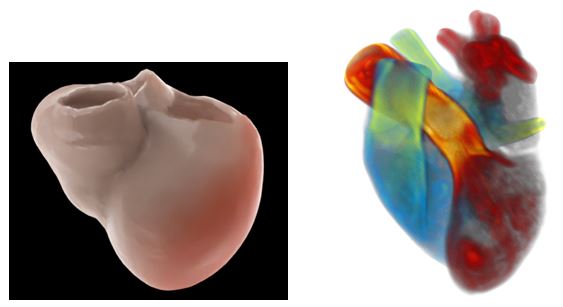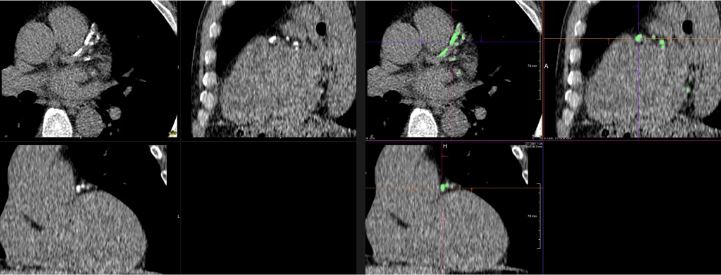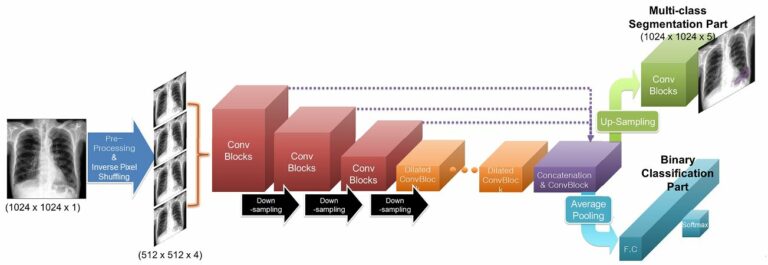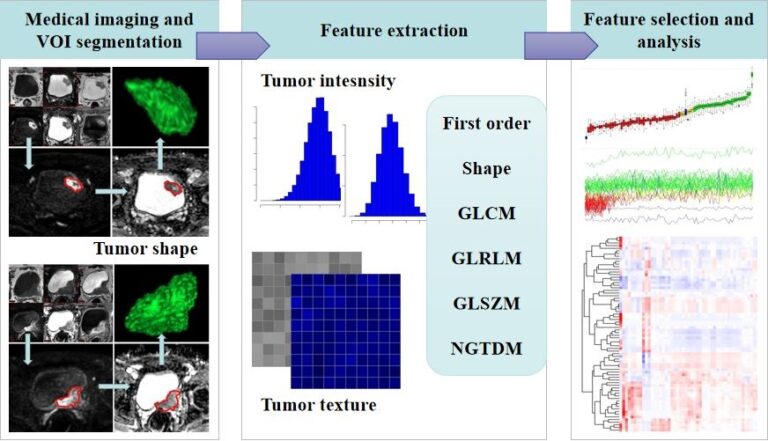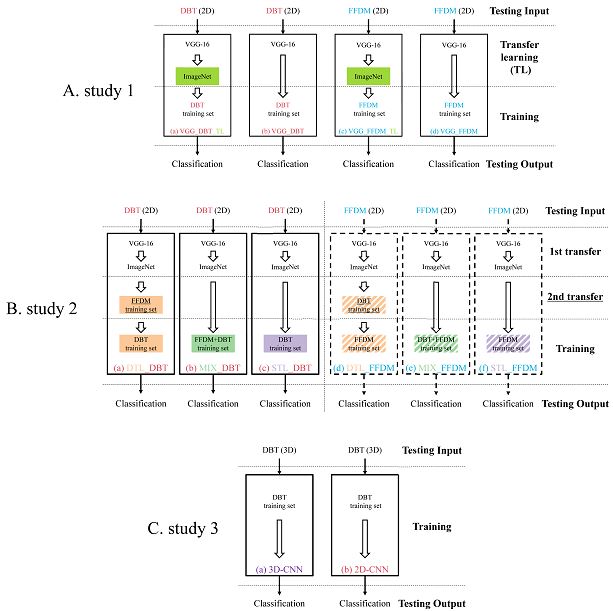
Digital breast tomosynthesis versus digital mammography: integration of image modalities enhances deep learning-based breast mass classification
The authors of this study evaluated the impact of utilizing digital breast tomosynthesis (DBT) and/or full-field digital mammography (FFDM), and different transfer learning strategies, on deep convolutional neural network (DCNN)-based mass classification for breast cancer. The authors found that integrating DBT and FFDM in DCNN training helps to enhance breast mass classification accuracy. Key points Transfer learning facilitates mass classification










